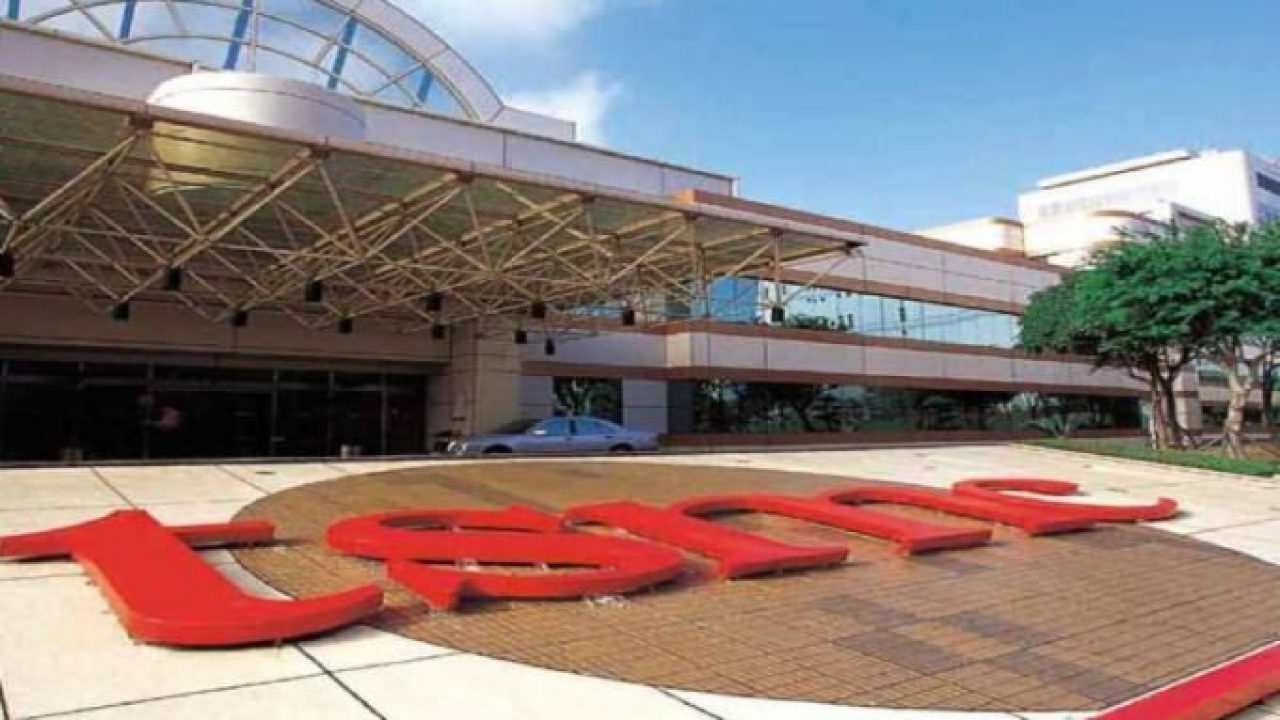GlobalFoundries & TSMC Agree ‘Record’ Settlement
Article By : Alan Patterson

The settlement between the two appears to be a David vs. Goliath victory for the smaller foundry (GF) gaining access to TSMC patents for years.
The settlement this week between TSMC and GlobalFoundries appears to be a David vs. Goliath victory with the smaller foundry gaining access to TSMC patents for years.
TSMC may have simply “thrown a bone” to GlobalFoundries (GF), which has no ability to use the most valuable of those patents because it dropped out of the Moore’s Law race at the 7 nm mark, according to Robert Maire, president of Semiconductor Advisors.
“GF got a better deal through the cross licensing of patents with TSMC,” Maire said to EE Times. “GF is the winner, although using the term ‘winner’ may be a bit misleading. It doesn’t matter if TSMC throws them a bone. GF is out of the game.”
The settlement eliminates the risk that TSMC customers such as Apple, Nvidia and Qualcomm might face injunctions against sales of their TSMC-made chips in the U.S.
The settlement is almost certainly record setting.
“This may have been the shortest legal battle in semiconductor history,” said Bill McClean, president of IC Insights. “GF filed its lawsuit against TSMC on Aug. 26, TSMC filed its lawsuit against GF one month later on Sept. 30, and the companies settled one month later on Oct. 28.”
The peace pact is also a victory for TSMC, sort of.
The settlement “removes a legal distraction and legal costs for TSMC,” Credit Suisse analyst Randy Abrams said in a published report provided to EE Times. “The end of the litigation is a sentiment positive in removing a distraction for management and an area of risk both for TSMC and the industry.”
The U.S. authorities were inclined to reach a decision on TSMC that would have hurt the company and its customers, according to one analyst surveyed by EE Times who requested anonymity.
“I suspect the ITC administrator was probably coming to in initial determination which might not have been favorable to TSMC — who have an obligation to protect their customers in the event of a negative ruling (e.g. a U.S. import ban),” the analyst said.
TSMC may also have gained useful intellectual property through the agreement.
“GF has a lot of valuable patents from its IBM acquisition including some of the IBM alliance developments — for example in areas like gate-all-around transistor IP — which TSMC now have access to if they chose this path for 3 nm,” according to the analyst.
Joint Statement
TSMC and GF said in their joint statement they are dismissing all litigation between them or with their customers. The companies agreed to a broad life-of patents cross-license to each other’s worldwide existing semiconductor patents as well as those patents that will be filed during the next ten years as both companies continue to invest significantly in semiconductor research and development.
GF sees it as a win for everyone.
“This agreement between GF and TSMC secures GF’s ability to grow and is a win for the entire semiconductor industry which is at the core of today’s global economy,” said Thomas Caulfield, CEO of GF, in the statement.
And TSMC looked at the bright side.
“The resolution is a positive development that keeps our focus on advancing the needs of our customers for technologies that will continue to bring innovation to life, enabling the entire semiconductor industry to thrive and prosper,” said Sylvia Fang, general counsel for TSMC, in the statement.
Head Scratching
Still, some wondered why TSMC, with its huge patent portfolio and redoubtable legal team, would have extended the olive branch so quickly to GF.
“TSMC spent about $2.9 billion in R&D last year and ranked as the fifth largest R&D spender in the semi industry in 2018,” McClean says. “It is estimated that GF spent less than $1.0 billion in R&D last year. Overall, it would be expected that TSMC will be awarded more patents over the next 10 years than will GF.”
While GF was unlikely to win a protracted legal battle with TSMC, the foundry behemoth appeared to favor a quick settlement with its smaller rival to keep its own business on a roll.
“GF didn’t have that much chance to win a patent war with TSMC,” according to Maire, implying that there was some swashbuckling at work. “The only company with something at risk or ransom was TSMC.”
Subscribe to Newsletter
Test Qr code text s ss


